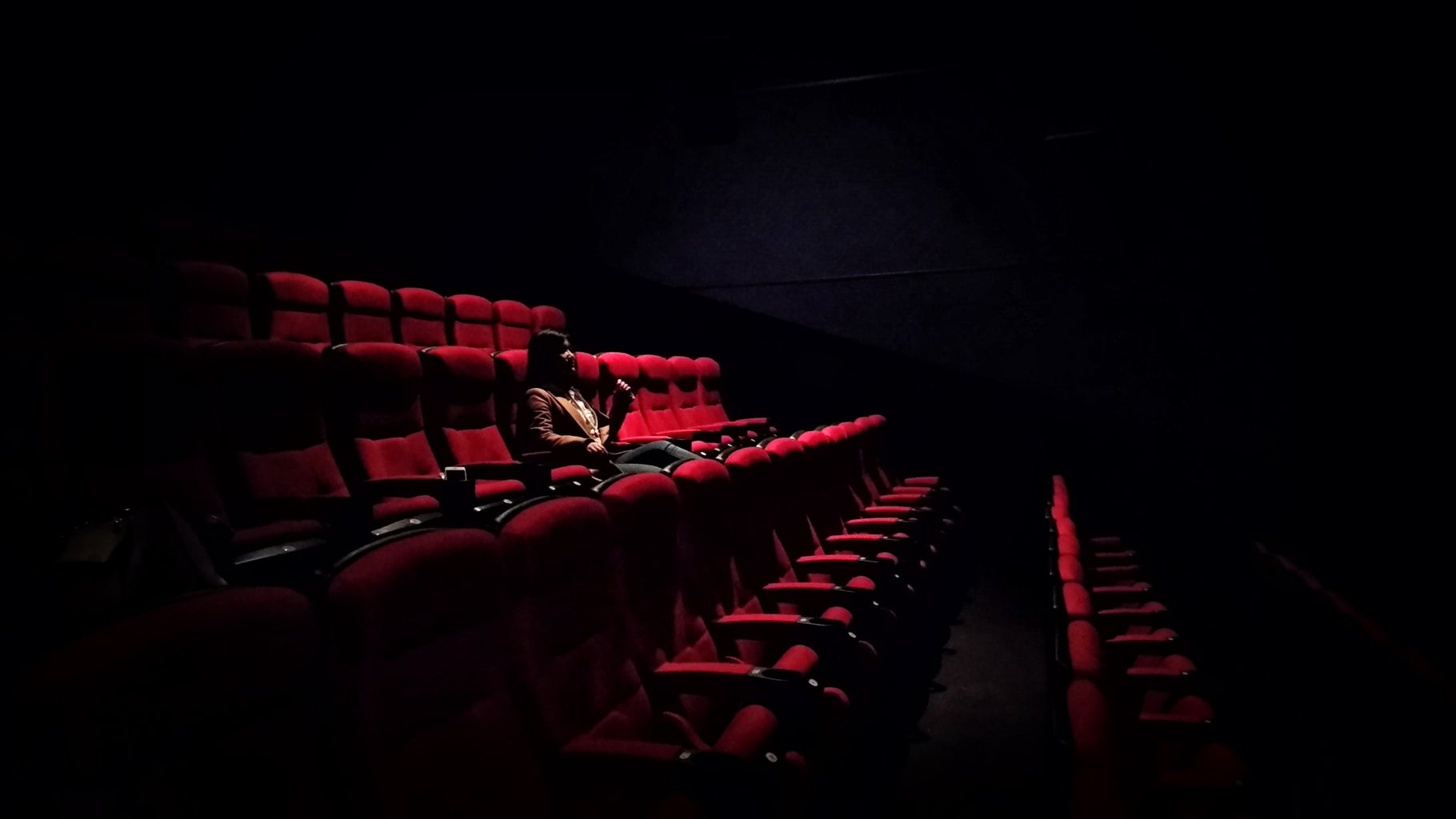From podcasts, to documentaries, to best-selling novels, the documentation of true crime has become a genre of media on its own. Due to its often dark, morbid nature, true crime has been widely criticized for using real people’s stories as entertainment. And yet, even those who condemn it seem to have a hard time looking away. Especially women.
A study done by a University of Illinois psychology professor found that women prefer true crime over all other violent non-fiction book genres. His research also found that on Amazon, 70% of true crime book reviews are done by women. Women are also known to dominate many online spaces discussing true crime. Audiences of true crime documentaries skew female, and the same goes for podcast audiences, with a whopping 73% of their viewership coming from women.
Why is the discussion of other people’s tragedies so captivating? And what about it appeals to women specifically?
It’s human nature to be curious, and it’s human nature to be afraid. Despite research suggesting that men are actually 77% more likely to be the victims of homicide, women are more commonly perceived as victims. This is because the type of crime tends to differ depending on the gender of the victim. Media tends to focus on sensationalizing the most disturbing crimes. They often involve stalking, serial killing, and other bizarre, obsessive behaviors, which women are more likely to be the victims of.
Men are often murdered as a result of a violent dispute or drug deal gone bad, whereas women are more likely to be stalked and killed by an ex-partner or coworker. The latter is much more psychologically intriguing because its killer is more commonly motivated by pleasure or ego as opposed to a motive as impersonal as contention over money. All of the above are reasons why women fear crime more than men and are culturally conditioned to view themselves as vulnerable.
That vulnerability creates a desire to delve into the psyche of the perpetrator, to try to understand their mind and predict their methodology. A true crime fan may, often subconsciously, compare their physical strength or intellect to that of a victim to test their own survivability in a similar situation. Female fans find comfort in analyzing patterns, safety tactics, and prevention methods.
Given that the majority of its audience is women, it comes as no surprise that true crime media is often female driven. Many of the top true crime podcasts, including My Favorite Murder, and Serial, are run by women. Those that have experienced some form of abuse or violence within their own lives may identify with the stories and seek community with women who have undergone a similar experience. There is a sense of catharsis when engaging with media that comes from a place of mutual understanding. It gives the audience an opportunity to express their deepest thoughts and darkest worries within a safe, non-judgmental space. Releasing these thoughts can help to alievate pent-up anxiety surrounding violent crime.
Many of the leading women in true crime spaces are separating themselves from traditional media that is more focused on the offender than the victim. Traditional media often unintentionally glorifies the perpetrators by portraying them as intelligent, charismatic, master manipulators instead of the apathetic outcasts they really are. Women leading the true crime platforms of today are seeking to reframe the narrative, and instead give power to the victim’s stories. By uplifting the victim’s legacies, women in true crime are denying cold-blooded killers the infamy they so strongly desire.





